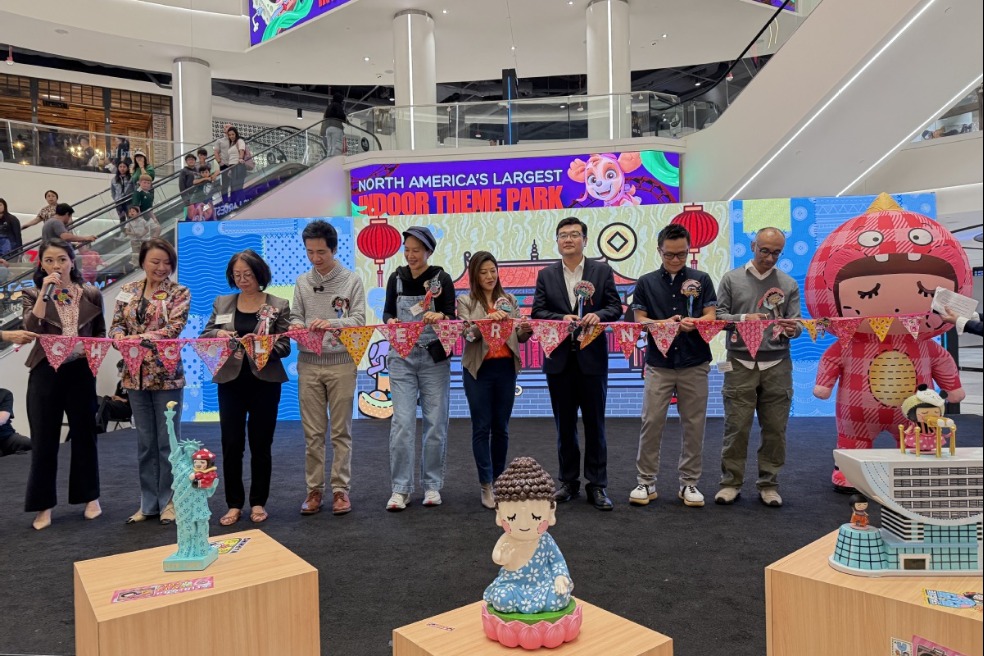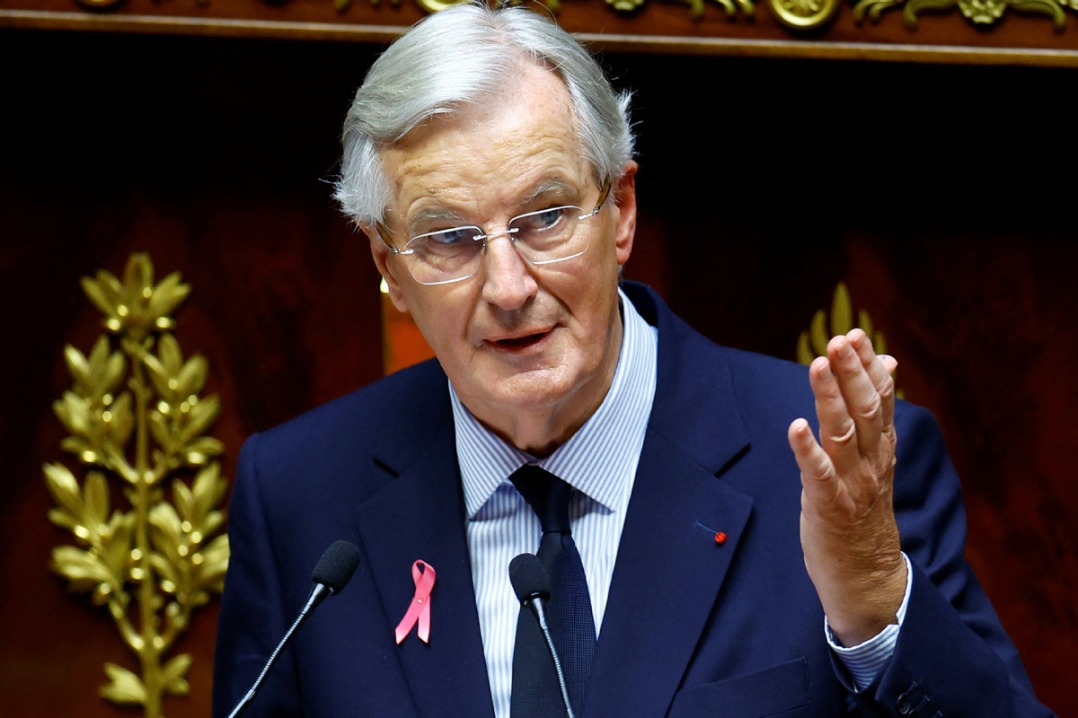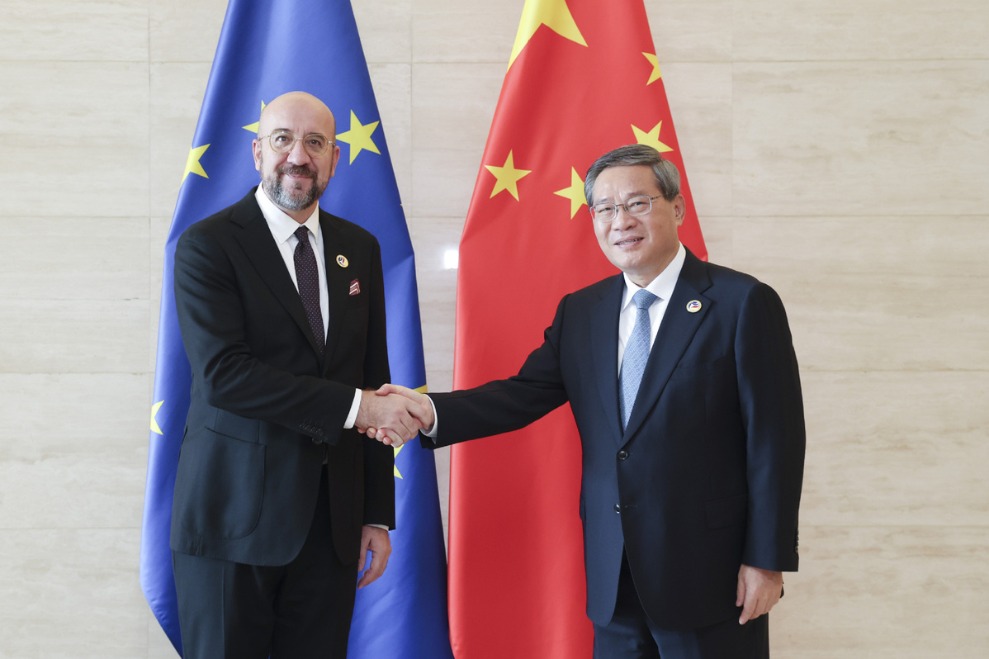China's UN envoy calls NATO a 'troublemaker'

China's envoy to the United Nations said on Tuesday that some countries intend to "create another system outside the existing system of international law", and he called NATO a "troublemaker".
"We often hear the talk about a rules-based international order by some countries. But what kind of rules are they talking about? And who are the rulemakers? No one has given us a clear and precise answer," said Fu Cong, China's permanent representative to the UN.
"I would like to emphasize that there is only one order in the world, that is the international order based on international law. There is only one set of rules, and they are the basic norms governing international relations based on the purposes and principles of the UN Charter. There is no room for ambiguity on matters of principle, and the positions must be clearly staked out," Fu said.
He delivered the statement at a UN Security Council meeting on multilateral cooperation for a more just, democratic and sustainable world order, convened by Russia, which is presiding over the 15-member body in July.
He called on NATO, the North Atlantic Treaty Organization, to stop being a "troublemaker".
"NATO, a regional military bloc left over from the Cold War, has been seeking to expand its sphere of influence," he said, "stirring up confrontation between camps, and even shifting the blame to countries outside the region to frame them on the issue of Ukraine.
"History has amply proved that wherever NATO's hand extends, turmoil and chaos will ensue. China hereby advises NATO and certain countries to conduct some soul-searching and stop being the troublemakers who jeopardize common security at the expense of others," he said.
NATO is attempting to expand its reach to the Asia-Pacific region. Last year, NATO announced plans to open a liaison office in Japan.
During last week's NATO summit in Washington, the alliance claimed that China is a "decisive enabler" of the Ukraine crisis.
China strongly condemns the "irresponsible and provocative remarks", said Foreign Ministry spokesperson Lin Jian. He said such a statement is "steeped in Cold War mentality and ideological bias and consists of baseless accusations".
Fu also emphasized that common development and security are essential for a fair international order. He stressed the need for reforms in the international financial system and AI governance to help developing countries.
"Some individual countries have overstretched the concept of national security by building a 'small yard, high fence' and indiscriminately imposed unilateral sanctions to disrupt the global production and supply chains, which will ultimately lead to a situation of no winners, whether bilaterally or multilaterally. We must resolutely resist such erroneous practices," he said.
Fu said China believes that to build a more just and equitable international order, the focus should be on six areas: upholding sovereign equality in a multipolar system; respecting each nation's development path without interference; building common security through dialogue; promoting inclusive economic globalization; upholding fairness and justice by strengthening the UN and developing countries' voices; and fostering openness, dialogue and shared human values.
The Security Council meeting was chaired by Russian Foreign Minister Sergey Lavrov, who said the US "has long declared its own exceptionalism".
He said the United States requires "unquestionable obedience" from its allies, "even to the detriment of their national interests".
Lavrov said that Rule America, "the essence of the notorious rules-based order", is a "direct threat to multilateralism and international law", adding that the UN Charter and the Security Council's decisions are "perversely interpreted by the collective West".
































